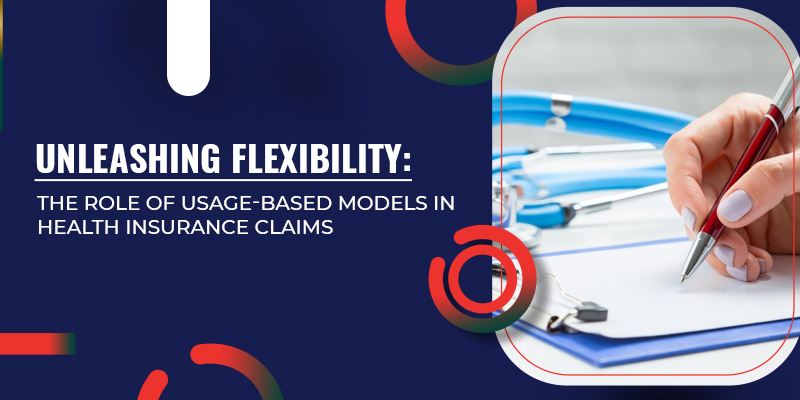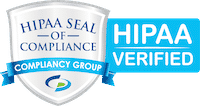How Claim Management Companies Can Enhance Their Practices
October 18, 2024
Technology advancements have come out with the current megatrends emerging from the broader digitization of society and the economy. The smart AI technologies have mainly attracted attention in the e-business, automotive, and other sectors. If we talk about usage-based models of claims software in the healthcare industry, it has created a great buzz in the market.
Usage-based models in health insurance claims introduce flexibility by aligning premiums with individual behaviors or health patterns. These models leverage data from wearable devices, health apps, or specific health-related behaviors to assess risk and adjust premiums accordingly. By monitoring real-time data on exercise routines, sleep patterns, or other health metrics, insurers can offer incentives for healthier lifestyles, potentially reducing claims and overall costs.
Usage-Based Models in Health Insurance Claims
These models promote a proactive approach to healthcare, incentivizing policyholders to adopt healthier habits to lower premiums. Additionally, they enable insurers to tailor coverage and pricing structures more accurately, catering to individual needs rather than applying blanket policies. However, challenges exist regarding data privacy, accuracy of metrics, and ensuring fairness in premium adjustments based on behavior.
Usage-based models hold promise for revolutionizing health insurance by fostering a more personalized and preventive approach to healthcare while offering cost-effective solutions for both insurers and policyholders. Integrating such models into insurance management software can automate data collection, analysis, and premium adjustments, enhancing efficiency and accuracy in the claims process.
How Usage-Based Models are Beneficial?
Personalized Risk Assessment
Personalized risk assessment plays a crucial role in healthcare claims software by tailoring the evaluation of individual health risks for policyholders. These models use individual behavior and health data to access risks more accurately. Healthcare claims software utilizes personalized risk assessment to analyze various factors specific to each individual such as medical history, lifestyle choices, genetic predispositions, and current health metrics. Insurers can offer customized coverage options that better match the specific needs and risks of policyholders.
By identifying individual risks more precisely, healthcare claims software can proactively recommend preventive measures or interventions to policyholders. For instance, if the assessment shows a high risk of a certain condition, the software can suggest regular screenings or lifestyle changes to mitigate that risk, potentially reducing future claims.
Improved Accuracy in Premium Calculations
By using real-time data from wearable devices or health apps, insurers can better evaluate the health status and behaviors of policyholders. This information leads to more accurate premium calculations, reducing the likelihood of overestimating or underestimating risks and premiums. Advanced insurance software utilizes vast amounts of data, including historical claims, demographic information, health records, and behavioral data. Analyzing this data allows for a more nuanced understanding of risk factors, enabling more precise premium calculations.
Reduced Claims and Costs
Encouraging preventive care and healthier habits can potentially lead to fewer claims and lower overall healthcare costs. Insurers can leverage usage-based data to identify trends and patterns, enabling proactive measures to mitigate health risks and prevent costly claims. Streamlined claims processing through automation and data-driven analysis reduces administrative costs and expedites the settlement process.
This efficiency minimizes overheads associated with claims management, leading to cost savings for insurers. Advanced software employs predictive models and data analytics to detect patterns indicative of fraudulent claims. By identifying and preventing fraudulent activities more effectively, insurers can reduce the financial impact of fraudulent claims on their overall costs.
Conclusion
Healthcare claims software utilizes personalized risk assessment to analyze various factors specific to each individual, such as medical history, lifestyle choices, genetic predispositions, and current health metrics. This comprehensive evaluation results in a more accurate risk profile for the individual, enabling better-tailored coverage and pricing. Integrating usage-based models into health insurance claims software enhances accuracy, promotes healthier lifestyles, reduces costs, and enables a more personalized and efficient claims process. This is ultimately benefiting both insurers and policyholders.
7 Features Every Online Claim Management System Needs
June 27, 2024What to Look for in Claims Management Software?
May 8, 2024









